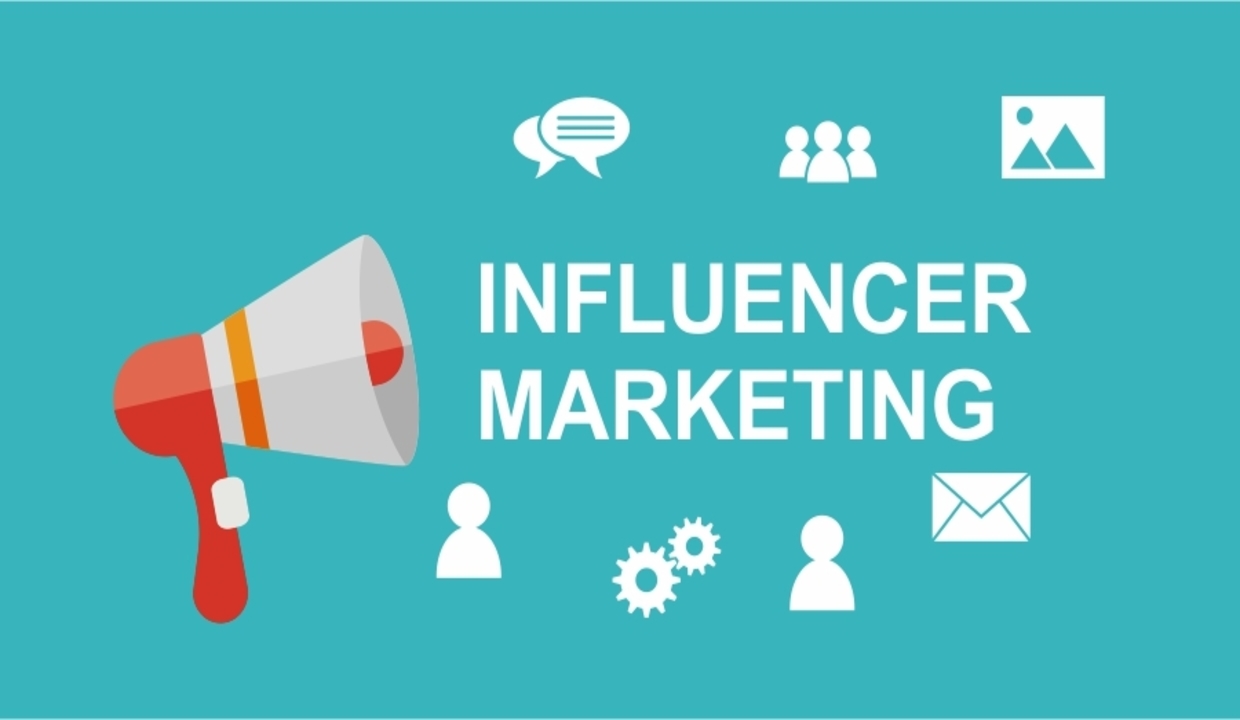The Influence Game: Is Influencer Marketing Worth It?

In the dynamic world of digital marketing, influencers have become powerful drivers of brand awareness and sales. Leveraging their charisma and online presence, influencers can catapult small brands into the limelight. However, this symbiotic relationship between influencers and small brands isn’t always a harmonious one and we have to think is influencer marketing worth it?
In this blog, we’ll delve into how influencers can both benefit and exploit small brands, shedding light on the complexities of this modern marketing landscape.
The Rise of Influencer Marketing
Influencer marketing has witnessed explosive growth in recent years. With billions of active social media users, brands saw an opportunity to reach their target audience through the voices and personalities that these users followed and admired. For small brands with limited marketing budgets, influencers provided a cost-effective way to gain exposure.
The Benefits for Small Brands
1. Enhanced Visibility: Collaborating with influencers grants small brands immediate visibility within their niche. These influencers have cultivated dedicated followers who trust their opinions and recommendations.
2. Authentic Promotion: Influencers often present products or services in a relatable and authentic manner. This authenticity can resonate with consumers in a way that traditional advertisements cannot.
3. Cost-Effective Marketing: Compared to traditional advertising campaigns, influencer marketing can be more budget-friendly, making it an attractive option for small brands.
4. Niche Targeting: Influencers typically cater to specific niches, allowing small brands to precisely target their desired audience.
5. Increased Credibility: An influencer’s endorsement can lend credibility to a small brand, especially when the influencer is respected and authentic.
The Potential Exploitation of Small Brands
While influencers can offer numerous benefits to small brands but when it comes to is influencer marketing worth it, there are instances where the power dynamic leans heavily in favor of influencers, potentially leading to exploitation:
1. Unfair Compensation: Some influencers demand high fees or a significant percentage of a small brand’s revenue in exchange for promotion. For cash-strapped small businesses, these demands can be financially crippling. Whether they are big-scale influencers or small ones, the amount they charge is enormous.
2. Inauthenticity: As influencer marketing has grown, some influencers have compromised their authenticity by promoting products solely for monetary gain. This can harm a small brand’s reputation if customers sense inauthenticity.
3. Lack of Control: Small brands may have limited control over the content influencers create. While this can lead to creative marketing strategies, it can also result in content that does not align with the brand’s values or messaging.
4. Short-Term Gains: Influencer marketing can provide immediate boosts in sales or visibility, but these gains may not translate into long-term success for small brands. Over-reliance on influencers can hinder efforts to build a brand’s identity and customer loyalty.
5. Dependency: Small brands that become too dependent on influencer marketing may struggle to establish their own marketing strategies and grow independently.
Finding Balance: A Win-Win Approach
Despite the potential pitfalls, small brands can navigate the influencer marketing landscape successfully by adopting a few key strategies:
1. Careful Selection: Choose influencers whose values align with your brand’s. Look for authenticity and a genuine connection with their audience.
2. Negotiate Fairly: Don’t overextend your budget for influencer partnerships. Negotiate fair compensation that benefits both parties.
3. Maintain Control: Establish clear guidelines for influencer collaborations to ensure that content aligns with your brand’s message and values.
4. Diversify Marketing: While influencer marketing can be effective, it should complement, not replace, other marketing efforts. Diversify your marketing strategies to avoid dependency on influencers.
5. Build Your Brand: Use influencer partnerships as a stepping stone to build your brand’s identity and customer base. Ultimately, your brand should be strong enough to thrive independently.
Conclusion: The Influencer-Brand Dance
Influencer marketing can be a boon for small brands, offering a gateway to broader audiences and increased credibility. However, the relationship between influencers and small brands must be balanced and mutually beneficial. Small brands should be cautious of potential exploitation while influencers should remain authentic and honest in their collaborations. When done right, the influencer-brand dance can be a harmonious one, propelling small brands to new heights of success in the ever-evolving world of digital marketing.















